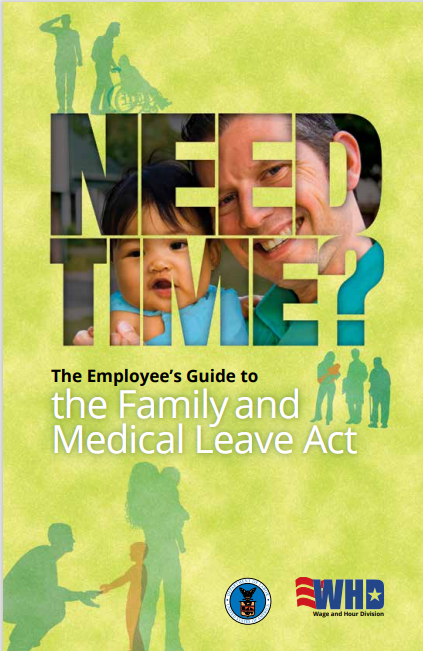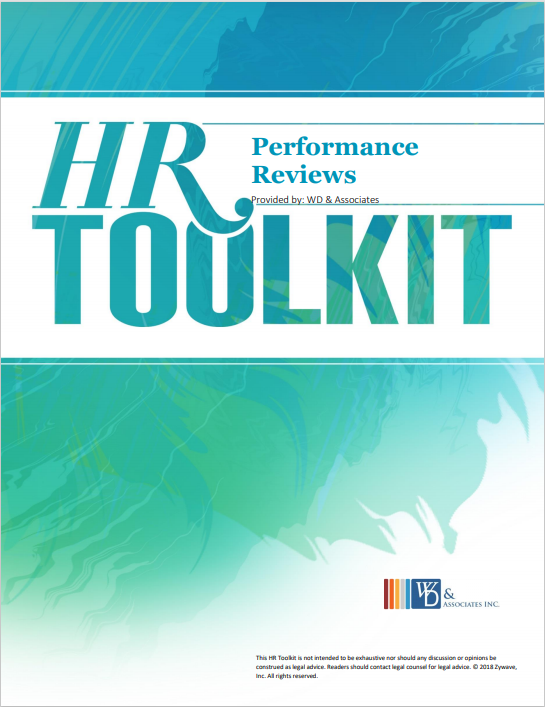In January my family will have an HSA plan for the first time. Now what?
The question with an HSA is will you use it now? And if so, under what terms.

As a benefits advisor, I am constantly asking nosy questions about people's coverage and their experience with health care. Yet in my personal life I have had very little choice to date about our family benefits. You see we get our benefits from my husband’s giant multi-national employer who up until now has offered one choice for health coverage: a traditional PPO plan with a surprisingly low deductible considering market trends. Dual choice is something new and fun!
I so wish I had access to their statistics. I wonder how many of their many employees opted to pay extra for the traditional plan. We use HSAs as funding vehicles with a lot of our clients and know all too well that not everyone is prepared to make the switch.
An HSA (Health Saving Account) is a tax favored savings account that is paired with a high deductible health plan. In many cases these plans have lower monthly premiums. The idea is that people can deposit the premium savings into a tax favored savings account (HSA) to offset the higher deductible spend.
One caveat is that with an HSA plan you don’t have any coverage for any service under the health plan until you have incurred the entire deductible. That means you are paying out of pocket, albeit at the insurer’s negotiated rates, for everything until you reach that deductible amount.
I like to compare attitudes towards HSAs to the way my husband and I discussed insuring our house: do we pay less every month and take the chance that we won’t have hurricane damage or take more coverage knowing we aren’t at risk for that big one-time expense? It’s a difference in funding philosophy.
With the HSA we pay less in premium every month and more out of pocket if/when we need care until we meet the deductible. Since it is paired with a higher deductible the numbers can be scary.
A Little Practical Preparation: Manage Your Cash Flow and Set Limits
This will be our first year with an HSA so there is no residual balance in the account carried over from previous years (yes it carries over from year to year). Michael's employer offered a plan structure that allows biweekly contributions. We are set up to deposit just over $200 per pay period into the account throughout the year.
Now imagine that we have a $700 bill in the third week of January. If we were relying solely on the HSA money we could only pay a portion of the bill. That means we would need to figure out a way to pay the balance while we wait for a few more pay periods to pass.
There really are only two options in this case: ask for a payment plan or pay with cash/credit and submit for reimbursement later. If you choose the latter be sure to keep all your paperwork in case you are asked to justify the expense. For those living pay check to pay check, the beginning of the first year could be difficult.
So what do you do if you want to grow a balance in your HSA but are afraid of a substantial claim? Consider determining a spending threshold. For example if you can pay $150 out of pocket for a claim but your claim is $225 then pay the first $150 in cash and the remainder with the HSA.
If you don’t have cash saved, take a look at any money you are saving in premium versus previous years. You could use that money to build some cash reserves.
So will we spend it now or later?
If your family is anything like mine you are hoping to grow a tax favored HSA balance to use later in life. I’ve heard the average out of pocket for a couple in retirement is around $250,000. I don’t remember the exact figure but it is definitely high so we are hoping to use some HSA money for those expenses after we retire.
Remember you do not have to “use it or lose it” like you do with an FSA (Flexible Spending Account). You also don’t have to worry if you change jobs or the company changes their benefits structure. HSAs are portable accounts that follow the individual. In the event of such a change you simply stop contributing to that account but the money in the account is always yours.
As long as you use the money in the account for qualified medical expenses, including Medicare payments and nursing home care, the money is never taxed.
Reality Check Time
We know that it is likely that we will need to use HSA money for a few things before we reach retirement age. We aren't single twenty somethings anymore. In fact, we kick ourselves for not taking the HSA we were offered years ago. When we were young and only using preventive care we could have banked those dollars; things with a family are a bit different.
Our kids get hurt -- stitches and casts. They have each had a sick visit this month. We've had x-rays and blood tests to rule out pneumonia and lyme disease. Thankfully most of our prescriptions are generic and low cost but someone will probably need braces! In other words, we will have medical expenses.
Our goal is to use after tax dollars for those expenses as much as possible and to save that pre-tax account for medical expenses after we retire. Many people may choose to use the account solely for current medical expenses (as it was actually designed for).
One thing to keep in mind as you get closer to retirement age, once you enroll in Medicare you can no longer contribute to an HSA. So take advantage of any catch up contributions in your 50s and fully fund the plan if you can before your 65th birthday.
What Will You Choose?
With luck you will be wildly healthy and living in your own home until the day you die. Realistically though, many of us will be ill or in a nursing home at some point in our retirement years. HSA funds can help to offset these medical costs at a time when we probably will need it the most.
The choice is yours but either way HSAs and the underlying health plans will require more thought and planning about healthcare than was previously required with traditional insurance plans. Fortunately, these plans also open up planning options for the future that weren’t previously available to us.













Leave a comment